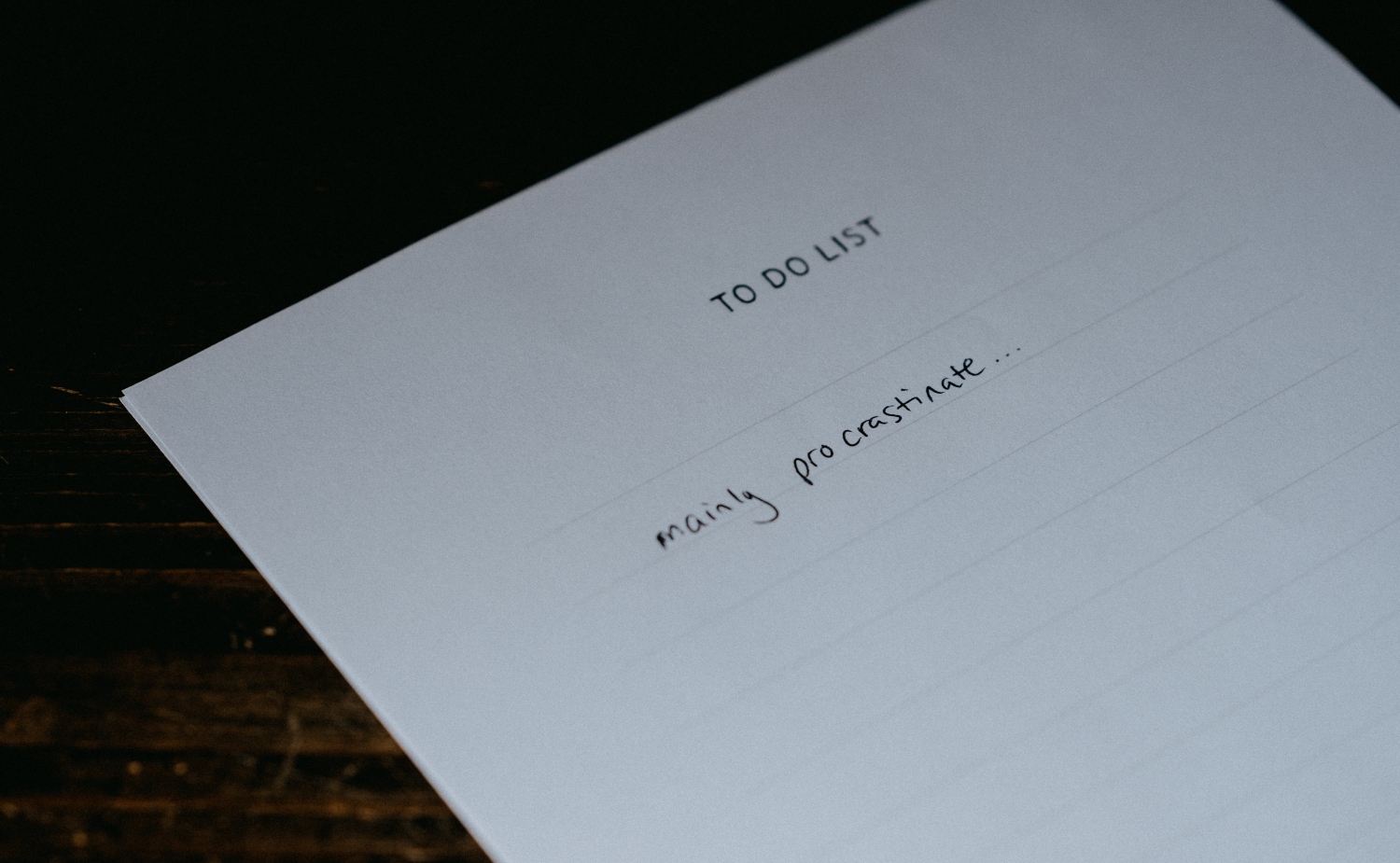During your internship you learn about the professional practice and you get the chance to apply what you have learned. But how do you find a good internship? Five tips from experts and people with first-hand experience.
Tip 1: Know what you want
‘Some students already have a clear idea of what they want to do,’ says Astrid van Noordenburg, head of Student Career Services, ‘but most of them don’t.’ To find out what suits you, you can consider which courses you find interesting and whether there is anything you’ve been interested in since you were a child. Van Noordenburg: ‘What energizes you? What kind of internship would you be happy to get out of bed for every morning? No idea? Make an appointment with our career coach to figure it out together.’
Marco Santagiuliana, lead scientist at the Vegetarian Butcher, has supervised a lot of interns. ‘Of course we expect our trainees to have some technical skills, but the key quality is enthusiasm. Students with the drive to get everything they can out of the experience. So I advise students: find out what drives you.’
Tip 2: Know what you are capable of
Once you know what you want, it’s time to find out what you have to offer as an intern. Van Noordenburg: ‘That’s not just a question of technical skills, but also of soft skills: how do you collaborate with colleagues, are you detail-oriented, do you have problem-solving abilities? In short: which skills have you already developed and which do you want to develop further on an internship?’
You don’t have to know everything already
‘You often discover where your strengths and weaknesses lie during group work, ACT projects and your thesis,’ says student Minori Arisaka. ‘How well can you collaborate and how do you deal with giving and receiving feedback?’ Arisaka herself found an internship that matched her thesis topic. ‘That meant I could show that I already had a little experience in that area. I think that can help you to get offered a job.’
Tip 3: Look in the obvious places…
So now it’s time to start looking, but how do you do that? There are several ways. Van Noordenburg points to the WUR Career Platform where about 430 companies offer internships. ‘Companies approach us with internships and jobs. There are always about 70 internships available. If you can’t find one yourself, you can call on Career Support to help you look.’
All the degree programmes have internship coordinators who can help as well. ‘They have a good overview of the possibilities within your field,’ says Van Noordenburg.
Tip 4: …and in less obvious ones
There are other ways of finding an internship besides taking the ‘beaten track’. It all boils down to one word, really: networking. ‘Talk to your friends, fellow students and club members about their internships,’ says Van Noordenburg. ‘That can help you figure out which direction you want to go in and you can find out how they got their place. Are you especially interested in a particular course you have taken? Then talk to the lecturer, they sometimes have leads as well.’
When it comes to networking and careers, you can’t really do without LinkedIn, continues Van Noordenburg. ‘There you can see who has already done an internship at a company, who is working there, and so on. You can message those people to ask about their internship experiences. They might be able to refer you to their internship coordinator.’
If you have your eye on a particular company, it pays to check its website for vacancies, Santagiuliana advises. ‘There are usually contact details, and you can ask to be put in touch with current or former trainees.’ This can be a useful move even when there are no published vacancies. ‘If the perfectly motivated student approaches us at a time when we don’t have any internships, but we see something in them, then we can always arrange something.’
If the perfectly motivated student approaches us, we can always arrange something
Tip 5: Prepare for the interview
Invited for an interview? Good preparation can make the difference between being hired and not. Santagiuliana: ‘The best applications are when a student clearly consciously chose this company. You can tell after a few sentences that they are super-well prepared: they know the company, the trends in the market, and so on. They are not here just because they have to do an internship to graduate, but because they really want to be here.’

 Text: Luuk Zegers, with help of Katerina Mouka | Illustration: Ilja Bouwknegt
Text: Luuk Zegers, with help of Katerina Mouka | Illustration: Ilja Bouwknegt 

